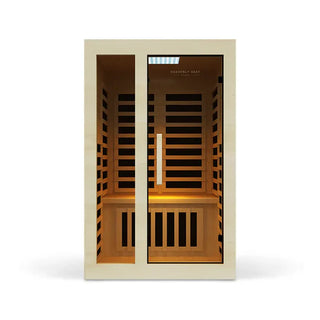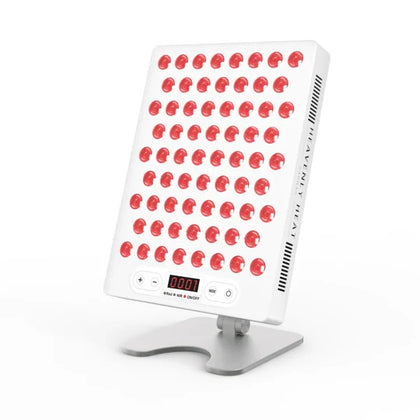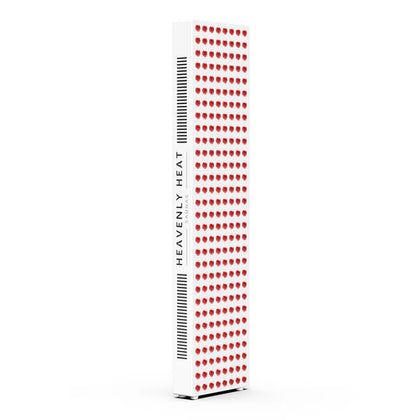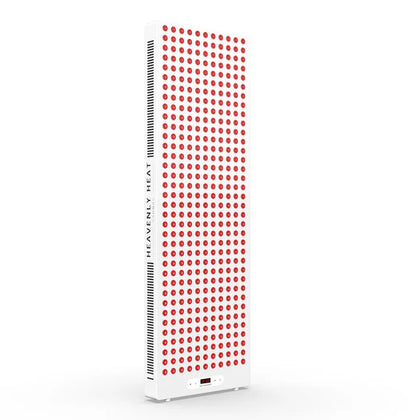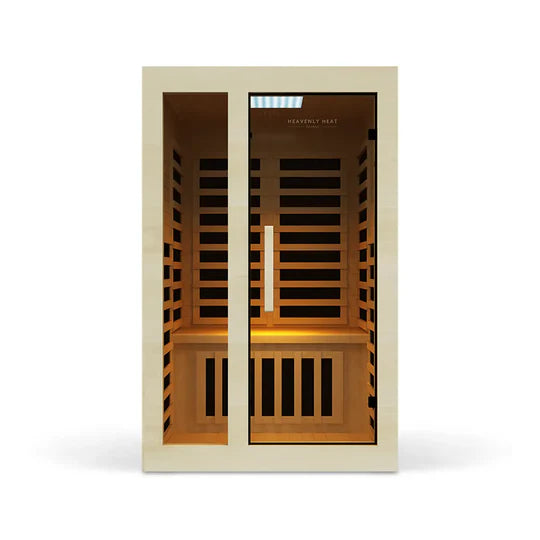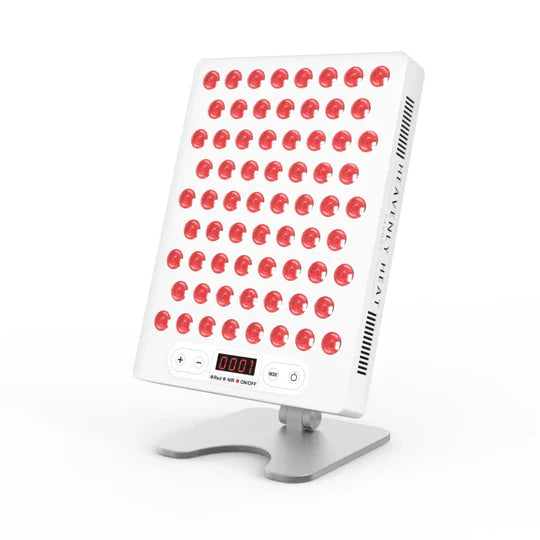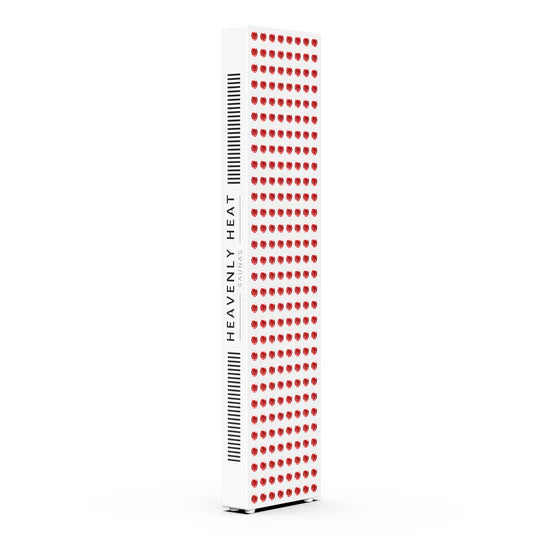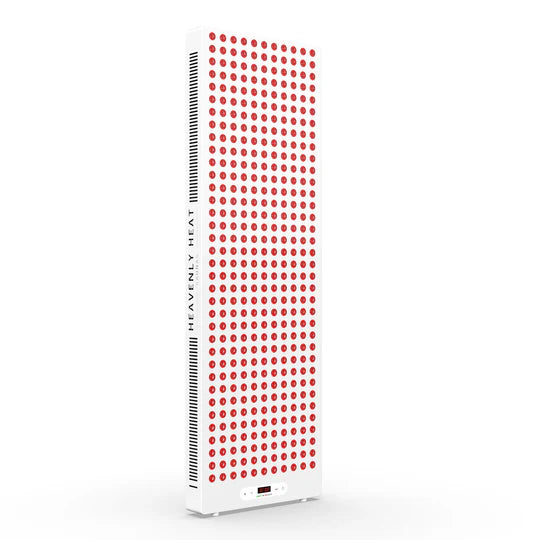What to do if you are not sweating in a sauna?
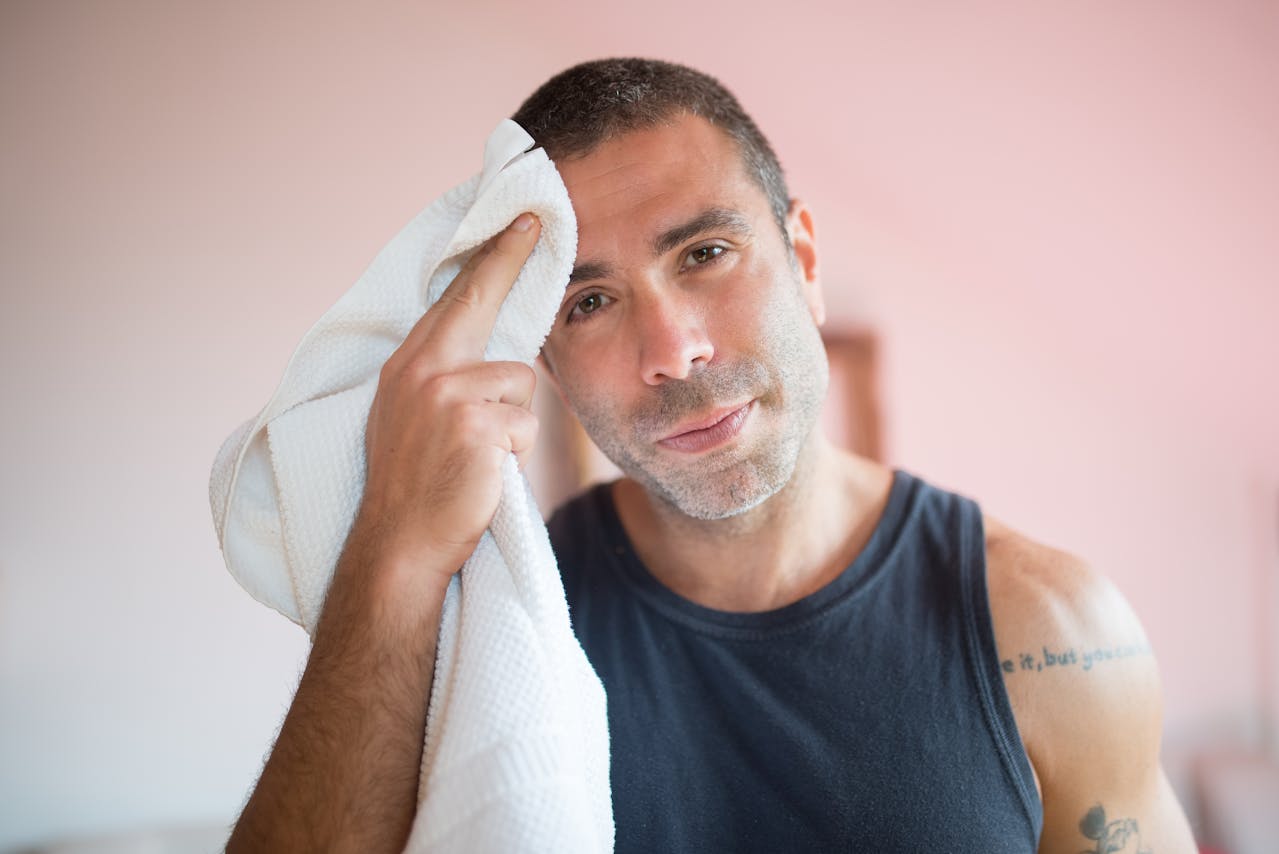
Struggling to sweat in the sauna? Sweating in a sauna helps detoxify your body, improves circulation, and promotes relaxation.
But what if you’re not sweating at all? This can leave you feeling frustrated and wondering if you're getting the full benefit.
Don’t worry – we’ve got the solutions to help you get the most out of your sauna session.
Why do we sweat?
Sweating happens because our body needs to cool down. When you’re hot or exercising, your brain signals sweat glands to release moisture.
This sweat evaporates, taking heat away from your skin and keeping your body temperature balanced.
Sweating also helps flush out toxins, making it a natural way for your body to stay healthy and feel refreshed.
Is it dangerous to not sweat in a sauna?
Not sweating in a sauna can be a concern, but it’s not always dangerous. It might mean dehydration or poor circulation, so drink water and monitor your body.
If dizziness, nausea, or discomfort occurs, leave the sauna immediately and consult a doctor to stay safe.
Benefits of sweating in sauna
Enhance Detoxification
Sweating in a sauna helps your body eliminate harmful toxins through the skin.
The heat from the sauna causes your body temperature to rise, triggering sweating as a natural cooling mechanism.
This process helps expel toxicants, which are harmful substances like chemicals or pollutants that accumulate in the body.
One study showed that regular sauna use improved the health of individuals exposed to toxicants, reducing sick days, enhancing sleep, and easing symptoms of neurotoxicity.
Better Skin Health
Sauna use offers impressive benefits for skin health, as highlighted by a 2008 study. Regular sauna exposure can:
- Improve skin hydration by increasing the stratum corneum water-holding capacity
- Strengthen the epidermal barrier, leading to more stable skin function
- Promote faster recovery of skin pH after sauna exposure
- Reduce skin sebum content, contributing to clearer skin
These findings demonstrate how regular sauna use can enhance skin health, offering long-term protection and improved overall skin appearance.
Boost Calorie Burning
Sweating in a sauna does more than detox your body—it helps burn calories!
According to a 2019 study, overweight men experienced a notable rise in heart rate and energy expenditure during sauna sessions.
Remarkably, they lost 0.65 kg of body mass in just 60 minutes, proving saunas can aid calorie burning effectively.
Improve your blood Circulation
Sweating in a sauna starts when the heat triggers your body to cool itself, making your blood vessels expand.
This boost in blood circulation delivers more oxygen and nutrients to your muscles and organs, helping them work better.
As a result, you’ll feel more energized, recover faster, and experience less muscle tension.
Improve Muscle Recovery
Saunas can boost muscle recovery post-workout, making them a great addition to your routine.
According to a 2015 study, far infrared saunas (FIRS) enhance recovery by using gentle heat to penetrate deep into muscles, reducing strain on the body.
This unique method improved neuromuscular recovery after endurance training, proving saunas aren’t just relaxing—they’re scientifically effective!
Promote relaxation
Saunas are great for relaxation, and a 2023 study proves it. After alternating hot sauna, cold water, and rest phases, participants felt happier and more relaxed.
The study also found that saunas help the brain work more efficiently, making you feel calm and clear-headed.
Factors Affecting Sweating in a Sauna
Medical conditions
Certain medical conditions can affect sweating in a sauna, such as thyroid disorders, diabetes, and skin conditions like anhidrosis.
People with these conditions may experience reduced sweating or difficulty regulating body temperature.
If you notice that you're not sweating despite being in the sauna for an extended period, it could indicate an underlying health issue, and you should consult a doctor.
Poor sweat gland function
Poor sweat gland function can be caused by dehydration, certain medications, or underlying health conditions like diabetes.
When your sweat glands don’t work properly, your body struggles to sweat even in a sauna, making it harder to regulate temperature.
To improve sweat gland function, drink plenty of water, stay active, and consult a doctor if you have any concerns.
Keeping your body hydrated and healthy helps your glands function better and sweat more effectively.
Certain medications
Certain medications can impact your body's ability to sweat in a sauna. For example, antidepressants and antihistamines can reduce sweating, making it harder for your body to cool down.
On the other hand, medications like stimulants can increase sweating. If you're taking any medication that affects sweating, it’s important to consult your doctor before using a sauna. This will help ensure your safety and prevent any potential concerns.
Your Age
As you age, your body’s ability to sweat in a sauna can change. Younger people tend to sweat more effectively because their sweat glands are more active.
Older individuals may experience a slower sweating response due to changes in skin elasticity and hormone levels.
In general, people between 18 and 40 years old sweat the most in a sauna, while older age groups may need more time to achieve the same level of sweat.
Genetics
Genetics can affect how much you sweat, even in a sauna. Some people naturally have more active sweat glands, so they sweat more easily when it's hot.
Others might have fewer or less responsive glands, making it harder for them to sweat.
Diet
Diet can really affect how much you sweat in a sauna. Spicy foods, like chili peppers, and drinks with caffeine can make you sweat more by raising your body temperature.
On the other hand, salty foods might dehydrate you, which can reduce how much you sweat.
Eating a big meal right before a sauna session can make you feel sluggish and could lower your sweat levels.
However, eating hydrating foods like fruits after a sauna can help keep your body balanced and sweating right.
Fitness level
Your fitness level plays a big role in how much you sweat. The more fit you are, the more efficient your body becomes at cooling down during exercise.
Fit individuals tend to sweat earlier and more evenly, helping their body stay cool.
To improve your sweating response, stay active, keep up with regular workouts, and hydrate well to help your body perform at its best.
Tips to start sweating in a sauna
Increase Duration (Listen to your body)
Spending more time in the sauna can help your body warm up enough to start sweating naturally.
Many people sweat within 5–15 minutes, but everyone’s different, so pay attention to how you feel.
Pushing too long risks dehydration or overheating, so stay safe. Gradually increase your duration for a better sweat, but always hydrate before and after.
Warm Up Gently before sauna
Warming up gently before a sauna helps your body start sweating faster. Try light stretches or a quick walk to boost blood flow and prepare your body.
Drink water beforehand to stay hydrated and avoid any discomfort. Keep your movements simple and easy so you don’t overheat before stepping into the sauna.
Take a Shower before sauna
Taking a warm shower before entering a sauna can help you start sweating faster and get the most out of your session.
The warm water cleanses your skin, opens your pores, and increases blood flow, making your body ready to absorb the sauna’s heat.
However, avoid using hot water, as it can overheat your body too soon and hinder the sauna's benefits.
After your shower, make sure to dry off completely—this allows the sauna's heat to work more effectively on your body, helping you sweat more and feel the full advantages of the experience.
Stay Hydrated
Staying hydrated helps your body sweat in the sauna by regulating temperature.
Drink water before and during your session to support sweating and avoid dehydration. This keeps your body cool and boosts the natural sweating process.
Choose the Right Type of sauna
There are several types of saunas, including traditional Finnish saunas, infrared saunas, and steam rooms.
Traditional saunas, with their high heat and low humidity, make you sweat the most, as the heat directly warms your body. Infrared saunas, using infrared heaters, can also cause sweating but at a lower temperature.
Choose a sauna based on your comfort, but for the most intense sweat, go for a traditional Finnish sauna.
Gradually increase the duration of sauna
It’s important to give your body time to adjust to the sauna. Begin with short sessions to avoid overwhelming yourself, then slowly increase the time as your body gets used to the heat.
This gradual increase helps your body sweat more effectively, making the sauna experience more beneficial.
Avoid Sitting in Too Low Sauna Temperatures
Sitting too low in a sauna can reduce your body’s ability to sweat. The lower part of the sauna tends to have cooler air, making it harder for your body to reach the ideal temperature for sweating.
To start sweating, try sitting higher up where the heat is more intense. Make sure to gradually increase the sauna's temperature and stay hydrated for better results.
Can you benefit from a sauna without sweating?
You can still enjoy some benefits from a sauna without sweating, but sweating is key to getting the full effects.
Sweating helps your body release toxins, improve circulation, and relax muscles.
If you’re not sweating, you might not be reaching the sauna's full potential for detox and relaxation.
To start sweating in the sauna without overdoing it, listen to your body and avoid pushing your limits.
Stay in the sauna for a moderate amount of time, as staying too long can lead to dehydration, dizziness, and heat exhaustion.
Prolonged exposure to high heat may also cause heatstroke, which can be life-threatening.
Additionally, avoid sitting in extreme temperatures, as this can put unnecessary strain on your cardiovascular system and lead to fainting or overheating.
If you have any existing health conditions, such as heart problems, respiratory issues, or high blood pressure, it's best to avoid using the sauna or consult your doctor before doing so. Always prioritize your health and safety when using heat therapies.
Related Articles:




